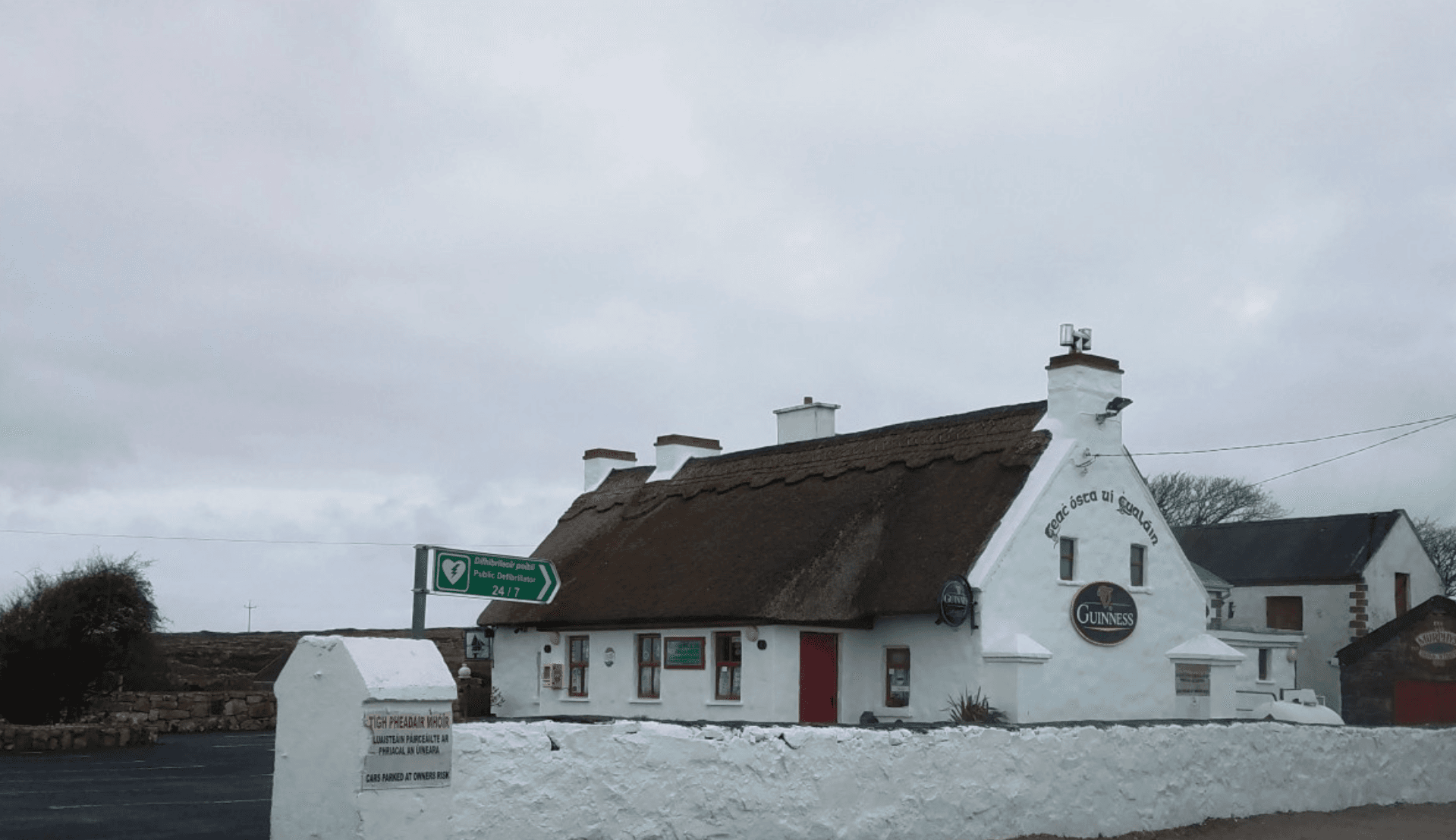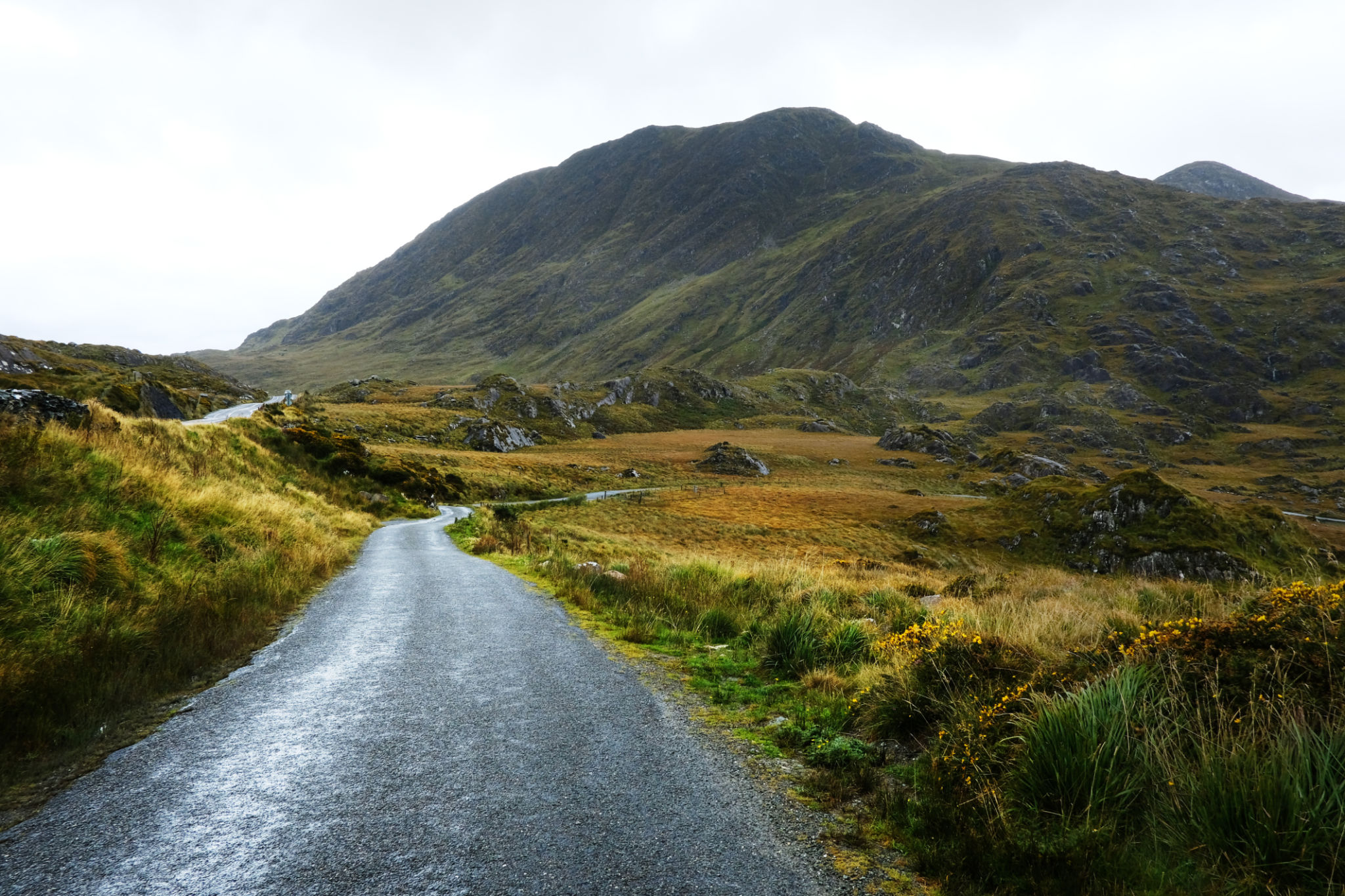The Decline of the Rural Pub and Its Impact on Farm Communities
Introduction
For years, the rural pub was where the real life of the countryside happened. It wasn’t just about pulling a pint, it was about pulling people together. Farmers would drift in after the mart, neighbours caught up on local news, and a good story could travel quicker than the parish newsletter. But across Ireland, those doors are closing. And when a pub shuts in a rural parish, it’s not just a business lost, it’s often the beating heart of the community gone quiet.

The Numbers Don’t Lie
Back in the early 2000s, Ireland had over 7,000 pubs. Today, it’s fewer than 6,000. In counties like Leitrim, Roscommon, and Mayo, whole parishes have been left without a single local. For farmers, who already spend most days working alone, that loss cuts deeper than it might in a town where cafés, clubs, and bars are still on every street corner.

Farming Is Lonely Work
Anyone who has milked cows in the dark at 5 a.m., or sat in a tractor cab for hours on end, knows farming can be a lonely job. The pub was often the antidote, a way to break the day and see another face. For some, it was the only real conversation outside of family all week.
That matters even more when you look at who is farming today. Almost one-third of Irish farmers are over 65, and only a small fraction are under 35. In many rural parishes, especially in the west, the farming population is older and living alone, with children moved away or working off-farm. Without a local meeting place, that isolation bites harder.
When that space disappears, the loneliness grows. And it’s not just about missing the craic. Loneliness has real effects: higher stress, poorer sleep, even physical health problems. Farmers have one of the toughest jobs in the country, and without those small outlets, the weight of it can become much harder to carry.

Why It’s Happening
The reasons are fairly clear:
- Drink-driving laws: are stricter, and rightly so, but with little or no rural transport, a night out just isn’t worth the risk.
- Younger generations: are socialising differently, often in towns or at home.
- Running costs: insurance, heating, and staffing — have pushed many small publicans past breaking point.
- Demographics: with fewer young families in parishes, there simply aren’t enough customers left to keep every pub going.
It’s a mix of all these factors, but the end result is the same: fewer doors open, fewer lights on, fewer places to meet.

What’s Really Lost
When a rural pub closes, it’s more than the pint that disappears.
- The safety net: If an older farmer didn’t show up for a few nights, someone would notice and call in. That quiet safety net is gone in many places.
- Community traditions: From sing-songs to card games, stories were shared and culture kept alive. Silence doesn’t fill that gap.
- Everyday connection: After a long week, just having someone to talk to about the weather, the price of meal, or the match on Sunday was a release valve.
Without it, the week feels longer, and the isolation heavier.

What’s Filling the Gap?
Some communities are finding ways to fill the space. GAA clubs are stepping up. Parish halls are busier. Discussion groups and coffee mornings, often run through marts or co-ops, give farmers a reason to meet. They’re good outlets, but many say it’s not quite the same as calling into the local, no questions asked, no schedule needed.

Looking Ahead
The rural pub isn’t coming back in the same way it once was. But what it offered, connection, company, and a place to belong, still matters, maybe now more than ever. Rural transport could make a difference. So could better funding for community hubs. But most of all, we need to keep talking openly about loneliness and mental health in farming.
Because when the pub goes, something else needs to step into that space. Otherwise, too many farmers risk slipping into silence, unnoticed.

Conclusion
The pint was never the point. It was the chat at the counter, the neighbour who’d look out for you, the laughter that reminded you life wasn’t just work and worry. As more pubs close, rural Ireland has a choice: either let that connection fade, or find new ways to keep it alive.
Farming has always been about resilience, but resilience doesn’t grow in isolation. It grows in community.
*By Anne Hayden MSc., Founder, The Informed Farmer Consultancy.
